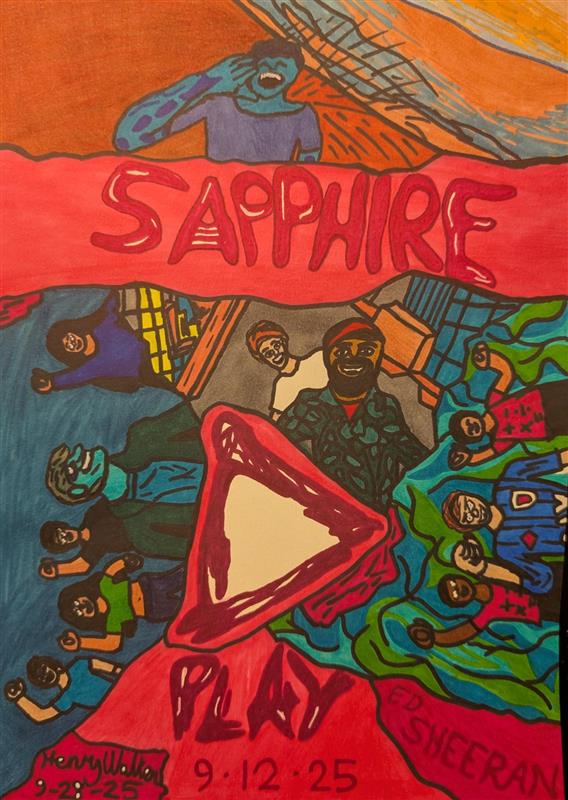Over the summer, Simone Biles has once again solidified herself as a household name after taking home four medals, three of which were gold.
Her return to the Paris Olympics was a big deal after she dropped out of the Tokyo Olympics in 2021 due to a case of the “twisties” – a mental block where the brain and body stop communicating and a gymnast loses sense of where they are in the air. After withdrawing, she was unsure about a return to the Paris Olympics, stating that she needs to work on herself first.
After dealing with her mental health issues in therapy, she was ready for her return in the 2024 Paris Olympics, where she broke the record for most Olympic medals won by an American gymnast. She won a gold medal in the team final, the individual all-around, and vault final, and won a silver medal in the floor exercise final.
She hasn’t broken records only in Paris, however. She claims the title of the most decorated gymnast of all time, first female U.S. gymnast to win four gold medals at a single Games in the Rio de Janeiro Olympics in 2016, and first gymnast to win six world all-around titles. Biles also has five gymnastics moves named after her!
While Biles is known for her incredible skills on the floor, she is also known for her advocacy for mental health. Her speaking out on her struggles between her passion for sports and her mental health greatly impacted other Olympians such as Jade Carey and Ellie Black. These Olympians stated that hearing Biles use her platform to talk about prioritizing health inspired them and others to seek help and talk to someone.
While it is common for athletes to deal with mental health issues, there has been a long-standing stigma about asking for help. In such a high stress environment, it is important for athletes to speak up without shame. As more athletes like Simone Biles continue to speak about their journeys and struggles, other athletes will be encouraged to share their own experiences.
Simone Biles credits the success of her mental health journey to her weekly therapy sessions, calling it her “safe space.” After her withdrawal from the Tokyo Olympics, Biles states that she “felt like a failure.” While it was difficult at first to convince herself to go to her therapy sessions, she states that therapy has given her the tools to process her thoughts and emotions. She also states that staying on top of her sessions has helped with her performances.
Biles has proven herself to be an excellent role model for young women and athletes everywhere. Seeing such an accomplished gymnast prioritize her mental health challenges the norms held in sports for so long and reiterates an important sentiment in these times: it’s okay to not be okay.




























